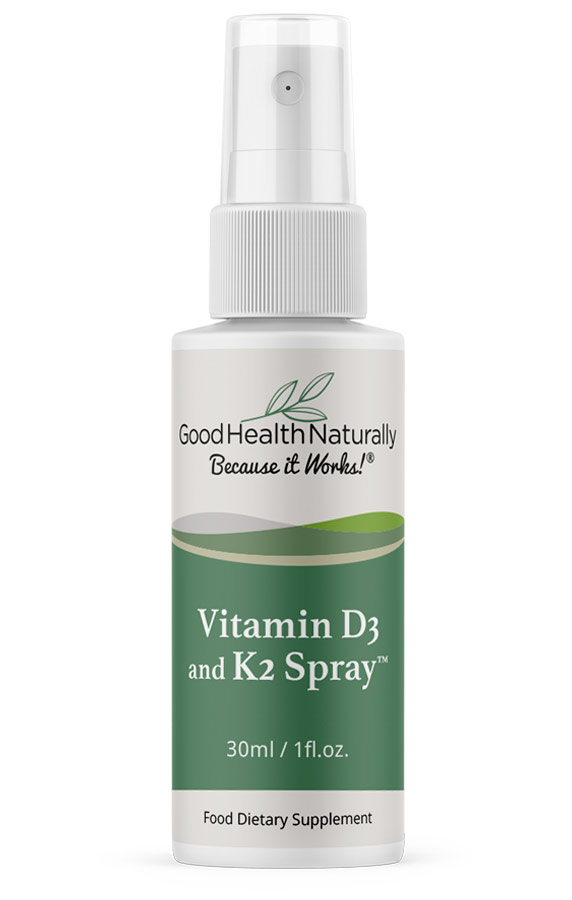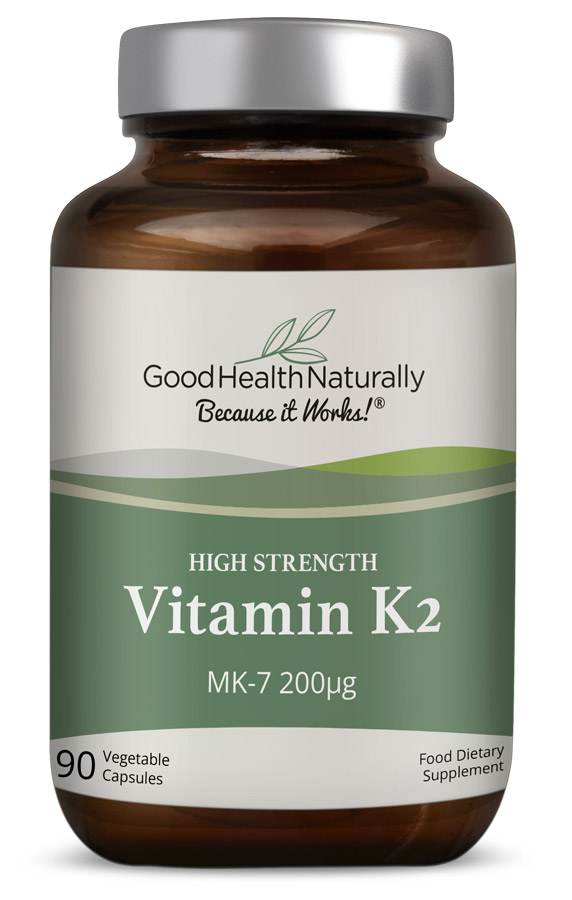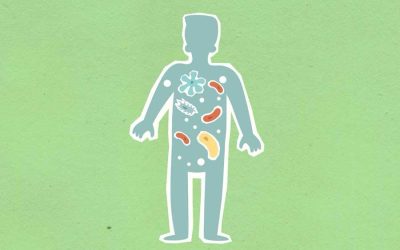In the world of nutrition, certain vitamins tend to take the spotlight—Vitamin D, Vitamin C, and Vitamin A are commonly discussed. However, one vitamin that deserves more attention, especially for its role in long-term health, is Vitamin K2. Often overlooked, Vitamin K2 is critical in supporting heart health, bone density, and proper calcium metabolism, making it essential for overall well-being.
In this article, we’ll explore the powerful Vitamin K2 benefits, supported by research, and how it works in harmony with other nutrients like Vitamin D to help maintain optimal health.
What is Vitamin K2?
Vitamin K2 is part of the larger Vitamin K family, which includes Vitamin K1 and K2. While Vitamin K1 is primarily involved in blood clotting, Vitamin K2 has a broader role in regulating calcium deposits in the body. It ensures calcium is directed to the right places—such as bones and teeth—while preventing calcium buildup in arteries and soft tissues, which can lead to serious health issues like atherosclerosis.
Vitamin K2 is naturally found in fermented foods like natto, certain cheeses, and animal-based products like eggs and organ meats. However, due to modern dietary habits, many people do not get enough Vitamin K2 from their diets alone, which could have long-term health implications.
Vitamin K2 and Heart Health
One of the most compelling Vitamin K2 benefits is its impact on cardiovascular health. When calcium builds up in the arteries, it can lead to arterial calcification, significantly increasing the risk of heart disease. Vitamin K2 activates a protein called matrix Gla-protein (MGP), which inhibits calcium from being deposited in the arteries.
A landmark study published in the Journal of Nutrition showed that participants who consumed more Vitamin K2 had a 57% lower risk of dying from cardiovascular disease than those with lower intake. The researchers concluded that adequate Vitamin K2 intake could help reduce arterial calcification and improve overall heart health.
Vitamin K2 and Bone Health
Another significant Vitamin K2 benefit is its role in supporting bone health. It activates a protein called osteocalcin, which is essential for binding calcium to the bone matrix. Without enough Vitamin K2, calcium cannot effectively strengthen bones, leading to weakened bone structure and an increased risk of osteoporosis.
Research published in Osteoporosis International demonstrated that Vitamin K2 supplementation significantly improved bone mineral density and reduced the risk of fractures in postmenopausal women, a group particularly vulnerable to osteoporosis. This makes Vitamin K2 an essential nutrient for individuals looking to maintain strong bones throughout their lives.
Vitamin K2 and Vitamin D: A Powerful Synergy
While Vitamin D is well-known for its role in calcium absorption, it works best in tandem with Vitamin K2. Vitamin D ensures that calcium is absorbed into the bloodstream, but Vitamin K2 ensures that this calcium is properly deposited into bones and not into arteries or soft tissues.
This dynamic duo is crucial for preventing both osteoporosis and cardiovascular disease. A study published in Advances in Nutrition highlights the synergy between Vitamin D and Vitamin K2, suggesting that together, they have a more profound effect on bone and cardiovascular health than either nutrient alone.
Reducing the Risk of Osteoporosis
Vitamin K2’s ability to activate osteocalcin makes it a key player in preventing osteoporosis, a condition affecting millions worldwide, especially as they age. Osteoporosis weakens bones, making them more prone to fractures, but ensuring adequate intake of Vitamin K2 can help mitigate this risk.
According to a study from the European Journal of Epidemiology, postmenopausal women who supplemented with Vitamin K2 saw a notable reduction in the rate of bone density loss compared to those who didn’t take it. This is especially important for older adults, who may be at a higher risk of fractures and related complications.
Vitamin K2 and Brain Health
Beyond its effects on the heart and bones, emerging research suggests that Vitamin K2 benefits may extend to brain health. Studies indicate that Vitamin K2 may help protect against oxidative stress and inflammation in the brain, both of which are linked to neurodegenerative diseases like Alzheimer’s.
While more research is needed, preliminary findings published in Frontiers in Aging Neuroscience suggest that Vitamin K2 may help preserve cognitive function as we age.
Best Sources of Vitamin K2
Getting enough Vitamin K2 through diet can be challenging, especially if you don’t regularly consume foods like natto (a Japanese fermented soybean dish), hard cheeses, and organ meats. While these are rich in Vitamin K2, they aren’t staples in most modern diets.
For those who don’t consume these foods frequently, supplementation can be an effective way to ensure adequate Vitamin K2 intake. Look for Vitamin K2 in the form of MK-7, the most bioavailable and long-lasting form, allowing it to remain active in the body for longer.
Vitamin K2 Deficiency: Are You at Risk?
Given the modern diet’s focus on processed foods and the reduced consumption of fermented and organ-based foods, many people may be at risk of a Vitamin K2 deficiency. This deficiency could lead to a range of health problems, including an increased risk of heart disease, weakened bones, and possibly even cognitive decline.
How Much Vitamin K2 Do You Need?
The exact recommended daily intake for Vitamin K2 isn’t yet firmly established. However, most experts suggest that adults aim for around 100-200 micrograms of MK-7 daily for optimal health benefits.
Conclusion: Make Vitamin K2 Part of Your Daily Routine
Vitamin K2 plays a crucial role in supporting your long-term health, from preventing heart disease to strengthening bones and possibly even protecting your brain. Its synergy with Vitamin D makes it an essential nutrient for maintaining proper calcium metabolism and overall well-being.
While modern diets may lack sufficient Vitamin K2, incorporating fermented foods, organ meats, or high-quality supplements into your routine can help you reap the benefits of this often-overlooked vitamin. By doing so, you can protect your heart, bones, and even your mind as you age.






